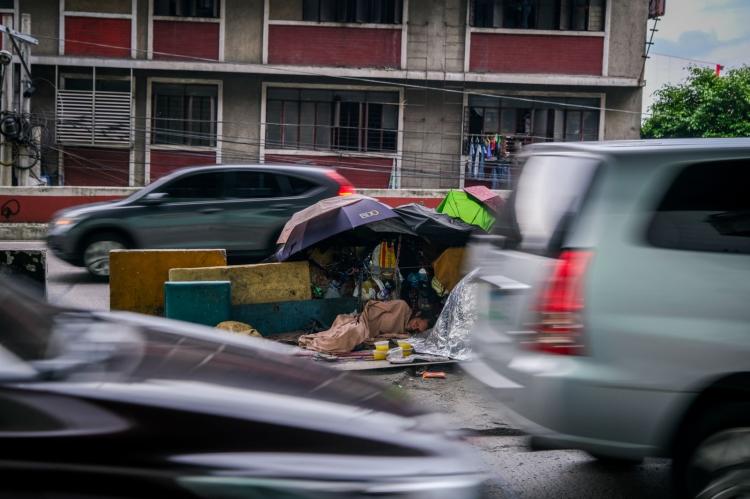Nearly 6 in 10 families in PH feel poor: SWS poll
• Among highest levels recorded since former President Gloria Macapagal Arroyo's term
MANILA – Around 16 million or 58 percent of Filipino families consider themselves poor under the Marcos administration, the Social Weather Survey (SWS) said this week.
The latest SWS survey results showed that self-rated poverty among Filipino families is among the highest levels recorded since former President Gloria Macapagal Arroyo's term.
The highest self-rated poverty level reached 66 percent during Arroyo’s presidency, which the SWS recorded in July 2001, May 2002, and September 2002.
The current self-rated poverty score has surpassed the post-COVID-19 ratings under former President Rodrigo Duterte from 2021 to 2022.
However, it is important to note that SWS did not collect self-rated poverty data during the peak of the pandemic in 2020 because face-to-face surveys were necessary.
“The estimated numbers of Self-Rated Poor families were 16.0 million in June 2024 and 12.9 million in March 2024,” SWS reported.
The survey revealed that Mindanao had the highest percentage of self-rated poor (SRP) families, at 71 percent, followed by the Visayas, at 67 percent, Balance Luzon, at 52 percent, and Metro Manila, at 39 percent.
Compared to March 2024, the SRP increased by 15 points in Mindanao (from 56 percent), 14 points in Balance Luzon (from 38 percent), and by six points in Metro Manila (from 33 percent). It rose slightly by three points (from 64 percent) in the Visayas.
“In the past, the median SRP gap has generally been half of the median SRP threshold. This means that typical poor families lack about half of what they need to not consider themselves poor,” added SWS.
SWS noted that self-rated poverty peaked at 74 percent in the July 1985 Bishops-Businessmen's Conference (BBC) survey.
In SWS surveys conducted from May 1986 to the present, self-rated poverty reached as high as 72% in February 1992 and as low as 38% in March 2019.
The survey, conducted from June 23 to July 1, included 1,500 adults nationwide, with 600 respondents from Balance Luzon and 300 each from Metro Manila, the Visayas, and Mindanao.
The sampling error margin for the entire country is ±2.5 percent.

